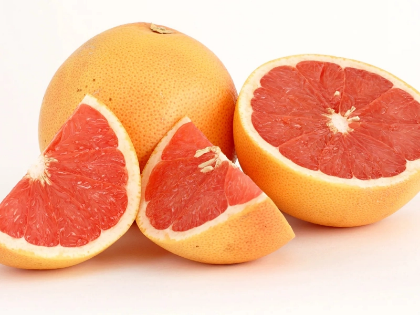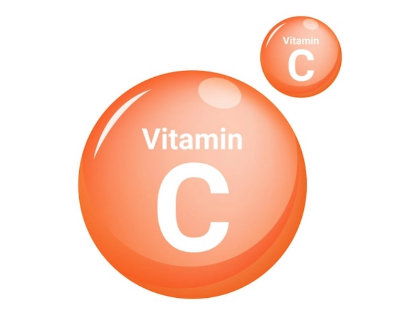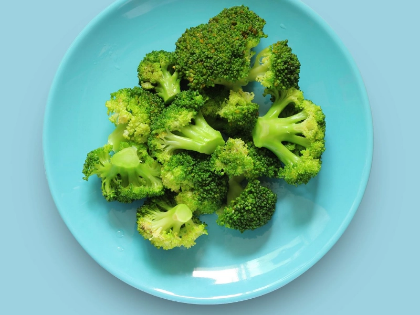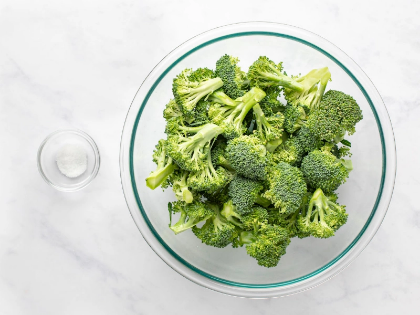Vitamin K for Digestive Health: Potential Benefits for Gut Function
Advertisement
1. Know Vitamin K.

Advertisement
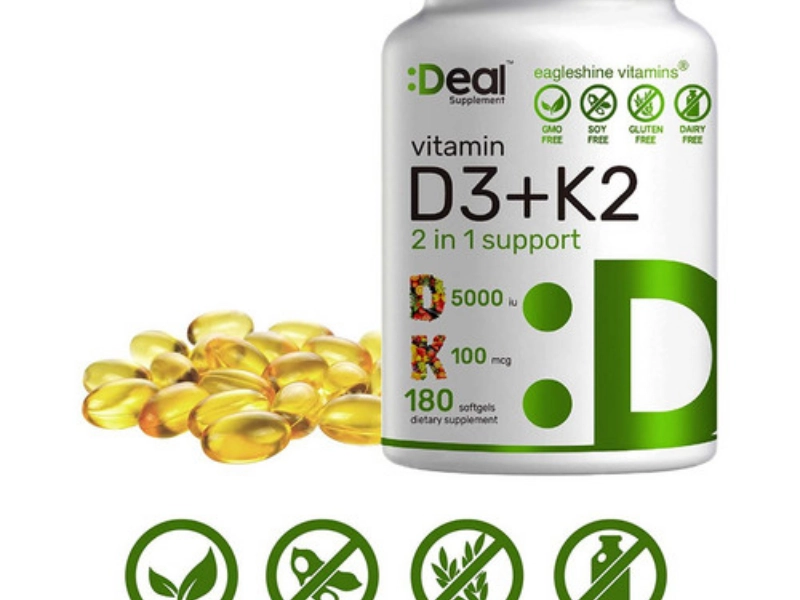 Trillions of microorganisms—including bacteria, viruses, fungi, and other digestive tract residents—make up the gut microbiome. Immune system, food absorption, and digestion—all of which depend on these microbes—all depend on them. Maintaining general health depends on a good gut flora since it affects everything, including mental health and metabolism. Often called dysbiosis, disturbances in the gut microbiome can cause digestive disorders and other health complications. New research points to vitamin K perhaps supporting a healthy gut microbiota.
3. Gut microbiome and vitamin K
Trillions of microorganisms—including bacteria, viruses, fungi, and other digestive tract residents—make up the gut microbiome. Immune system, food absorption, and digestion—all of which depend on these microbes—all depend on them. Maintaining general health depends on a good gut flora since it affects everything, including mental health and metabolism. Often called dysbiosis, disturbances in the gut microbiome can cause digestive disorders and other health complications. New research points to vitamin K perhaps supporting a healthy gut microbiota.
3. Gut microbiome and vitamin K
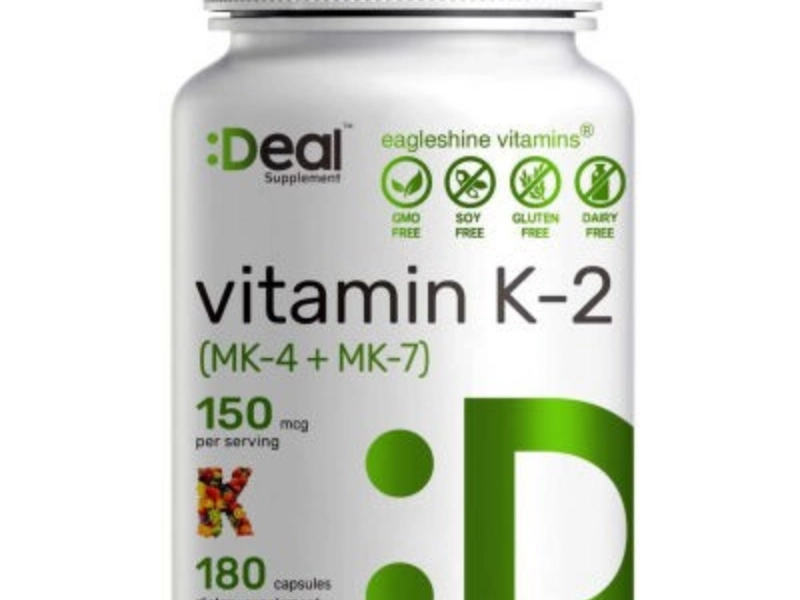 The gut microbiome has been demonstrated to benefit from vitamin K, especially K2. Some gut bacteria are able to synthesize vitamin K2, which can help to control bad strains and boost the growth of helpful bacteria. This symbiotic link implies that appropriate levels of vitamin K could support a better composition of the microbiome, therefore enhancing digestion capacity. Vitamin K might help avoid problems including constipation, diarrhea, and bloating by encouraging a balanced gut environment.
4. Enhancing Gut Barrier Performance
The gut microbiome has been demonstrated to benefit from vitamin K, especially K2. Some gut bacteria are able to synthesize vitamin K2, which can help to control bad strains and boost the growth of helpful bacteria. This symbiotic link implies that appropriate levels of vitamin K could support a better composition of the microbiome, therefore enhancing digestion capacity. Vitamin K might help avoid problems including constipation, diarrhea, and bloating by encouraging a balanced gut environment.
4. Enhancing Gut Barrier Performance
 Comprising a protective layer, the gut barrier keeps dangerous toxins out of the bloodstream. Usually referred to as "leaky gut," a weakened gut barrier can cause higher intestinal permeability. Among the several health problems this ailment can cause are inflammatory diseases and autoimmune ones. Through helping the synthesis of proteins, strengthening the tight junctions between gut cells, vitamin K helps to preserve gut barrier integrity. Promoting a good gut barrier will aid vitamin K in improving general gut performance and guarding against digestive problems.
5. Lowering Gut Inflammatory Agents
Comprising a protective layer, the gut barrier keeps dangerous toxins out of the bloodstream. Usually referred to as "leaky gut," a weakened gut barrier can cause higher intestinal permeability. Among the several health problems this ailment can cause are inflammatory diseases and autoimmune ones. Through helping the synthesis of proteins, strengthening the tight junctions between gut cells, vitamin K helps to preserve gut barrier integrity. Promoting a good gut barrier will aid vitamin K in improving general gut performance and guarding against digestive problems.
5. Lowering Gut Inflammatory Agents
 Among the several digestive problems that chronic inflammation in the gut can cause are inflammatory bowel disease (IBD) and irritable bowel syndrome (IBS). Anti-inflammatory qualities of vitamin K could assist in lowering intestinal inflammation. Studies on vitamin K have shown it can reduce inflammatory indicators and boost the synthesis of anti-inflammatory drugs. Reducing inflammation will help vitamin K improve general gut health and ease symptoms related to digestive problems.
6. Improving absorption of nutrients
Among the several digestive problems that chronic inflammation in the gut can cause are inflammatory bowel disease (IBD) and irritable bowel syndrome (IBS). Anti-inflammatory qualities of vitamin K could assist in lowering intestinal inflammation. Studies on vitamin K have shown it can reduce inflammatory indicators and boost the synthesis of anti-inflammatory drugs. Reducing inflammation will help vitamin K improve general gut health and ease symptoms related to digestive problems.
6. Improving absorption of nutrients
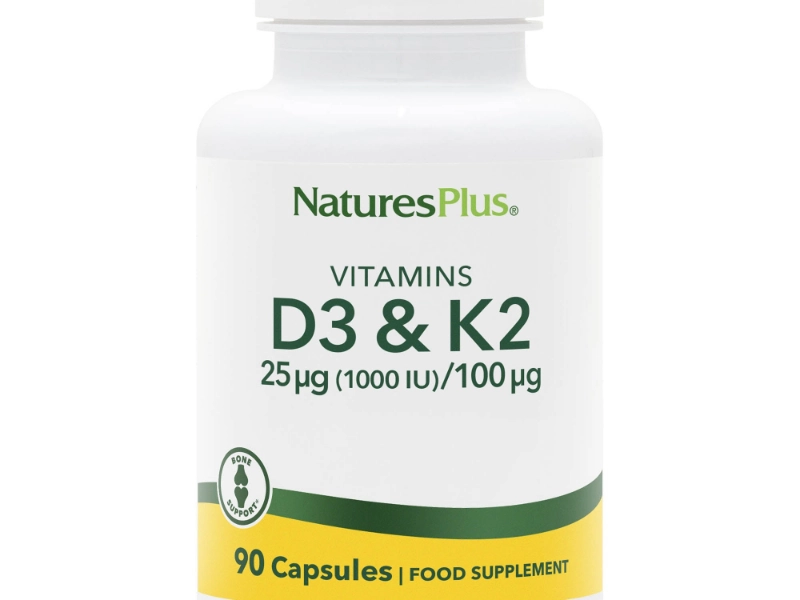 Maintaining decent health depends on proper absorption of nutrients. Food is broken down in the gut, which also absorbs minerals and vitamins—vital nutrients. Certain minerals, including calcium and magnesium, which are vital for muscle action and bone health, are absorbed in part via vitamin K. Supporting nutrient absorption helps vitamin K support enhanced general health and well-being. Those with digestive problems that can compromise nutrient absorption especially need this.
7. Vitamin K's Dietary Sources
Maintaining decent health depends on proper absorption of nutrients. Food is broken down in the gut, which also absorbs minerals and vitamins—vital nutrients. Certain minerals, including calcium and magnesium, which are vital for muscle action and bone health, are absorbed in part via vitamin K. Supporting nutrient absorption helps vitamin K support enhanced general health and well-being. Those with digestive problems that can compromise nutrient absorption especially need this.
7. Vitamin K's Dietary Sources
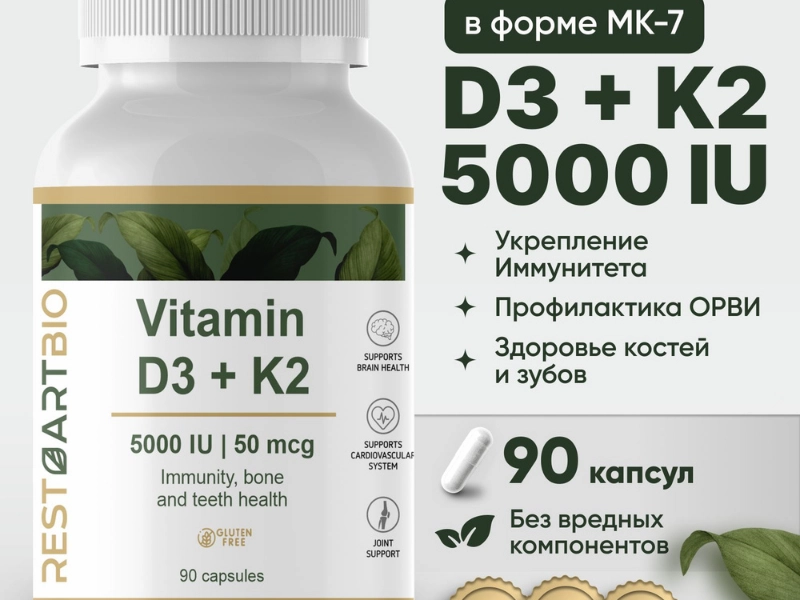 Since vitamin K is plentiful in many foods, including it in your diet is rather easy. Great sources of vitamin K1 are leafy green vegetables, including collard greens, spinach, and kale. Foods fermented like natto, sauerkraut, and some cheeses supply vitamin K2. Other references call for meats and egg yolks. Maintaining appropriate vitamin K levels by means of a varied diet helps to support gut function and digestive health.
8. The Synergy of Other Nutrients with Vitamin K
Since vitamin K is plentiful in many foods, including it in your diet is rather easy. Great sources of vitamin K1 are leafy green vegetables, including collard greens, spinach, and kale. Foods fermented like natto, sauerkraut, and some cheeses supply vitamin K2. Other references call for meats and egg yolks. Maintaining appropriate vitamin K levels by means of a varied diet helps to support gut function and digestive health.
8. The Synergy of Other Nutrients with Vitamin K
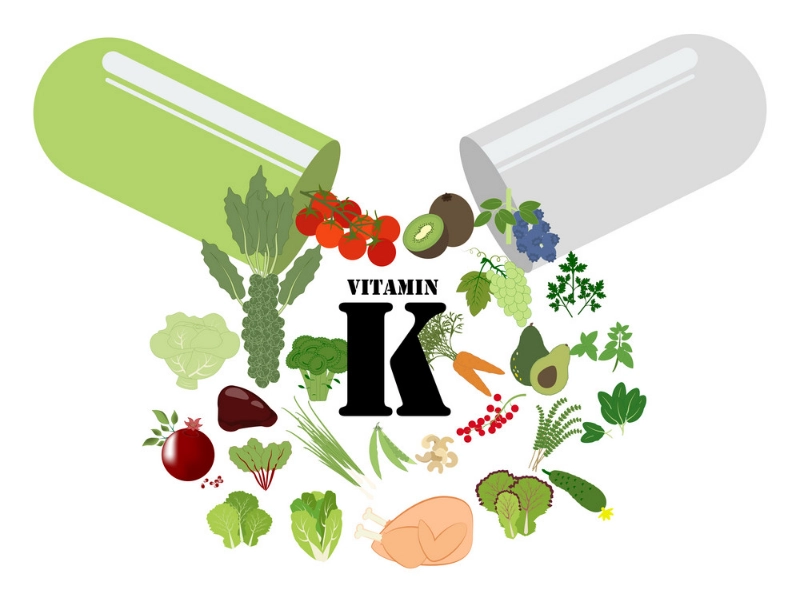 Although gut health depends on vitamin K, it functions best in concert with other nutrients. For example, magnesium is important for digestion and muscle action; vitamin D is essential for calcium absorption. A well-balanced diet including a range of minerals and vitamins will boost vitamin K's efficacy and improve general digestive health. If one emphasizes a nutrient-dense diet, one can build a strong basis for the best gut performance.
9. Studies Valuating Vitamin K's Function in Gastronomic Health
Although gut health depends on vitamin K, it functions best in concert with other nutrients. For example, magnesium is important for digestion and muscle action; vitamin D is essential for calcium absorption. A well-balanced diet including a range of minerals and vitamins will boost vitamin K's efficacy and improve general digestive health. If one emphasizes a nutrient-dense diet, one can build a strong basis for the best gut performance.
9. Studies Valuating Vitamin K's Function in Gastronomic Health
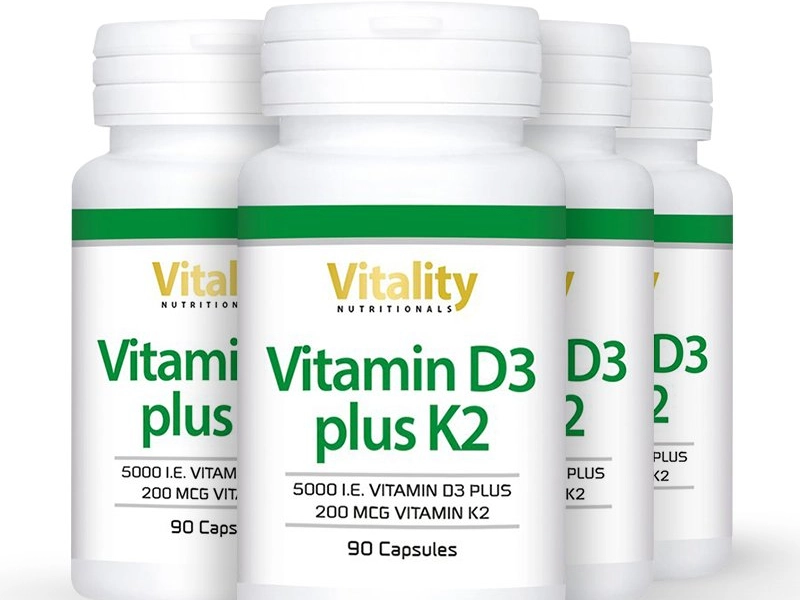 New research has started to show how closely gut health and vitamin K interact. Higher vitamin K intake people have often demonstrated to have stronger gut barrier function and a healthy gut microbiota. Furthermore, clinical research indicates that those with particular digestive problems, including IBS and IBD, could find an advantage from vitamin K supplements. These results highlight the need for vitamin K in maintaining digestive health and call for more research on possible advantages.
10. Synopsis of Vitamin K's Advantages for Gastronomic Integrity
New research has started to show how closely gut health and vitamin K interact. Higher vitamin K intake people have often demonstrated to have stronger gut barrier function and a healthy gut microbiota. Furthermore, clinical research indicates that those with particular digestive problems, including IBS and IBD, could find an advantage from vitamin K supplements. These results highlight the need for vitamin K in maintaining digestive health and call for more research on possible advantages.
10. Synopsis of Vitamin K's Advantages for Gastronomic Integrity
 Essential vitamin K provides various possible advantages for gut function and digestive health. Its function in supporting the gut flora, promoting gut barrier integrity, lowering inflammation, and increasing nutrient absorption makes it a necessary part of a good diet. People can support improved digestive health and general well-being by including foods high in vitamin K into regular meals and keeping a balanced consumption of other nutrients. Research revealing the complexity of vitamin K's role in supporting gut health makes its importance quite evident.
Essential vitamin K provides various possible advantages for gut function and digestive health. Its function in supporting the gut flora, promoting gut barrier integrity, lowering inflammation, and increasing nutrient absorption makes it a necessary part of a good diet. People can support improved digestive health and general well-being by including foods high in vitamin K into regular meals and keeping a balanced consumption of other nutrients. Research revealing the complexity of vitamin K's role in supporting gut health makes its importance quite evident.
Advertisement
Advertisement
